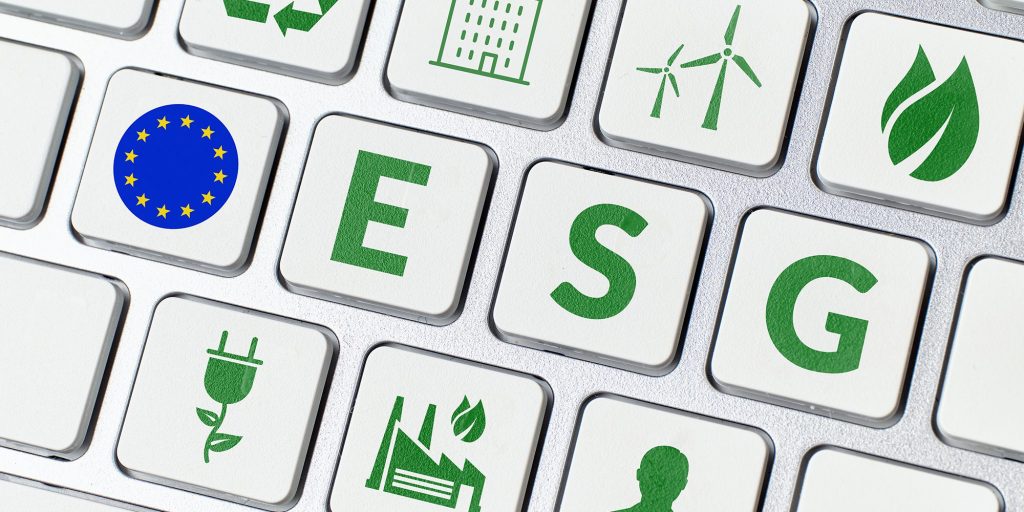Waste & material traceability solution for sustainable facilities

Many companies struggle to connect their waste management activities to broader ESG objectives and regulatory requirements. With new frameworks such as the Corporate Sustainability Reporting Directive (CSRD), which mandate detailed environmental reporting, organizations need robust data systems to measure, track, and report on their waste-related impact. Real-time waste data platforms are transforming how businesses approach sustainability reporting, turning operational waste streams into actionable ESG insights.
Traditional waste management often operates in silos, disconnected from sustainability teams and ESG reporting processes. This creates several challenges:
Without integrated systems, companies miss opportunities to demonstrate progress on circular economy goals and struggle to provide the detailed data required by modern ESG frameworks.
Modern waste management platforms like Evreka’s WasteDashboard address this challenge. By automatically collecting and standardizing waste data through IoT sensors, collection vehicles, and processing facilities, these platforms create a single source of truth aligned with key ESG frameworks.
Instead of manually mapping waste categories to GRI standards, the system automatically tracks waste generation, reuse, and processing methods. CDP Climate Change questionnaires that once took weeks can now be populated instantly with real-time data on exact Scope 3 emissions from waste treatment and disposal. CSRD obligations become manageable through automated audit trails and standardized reporting formats.
The true power of integrated waste data lies in location-based insights. Rather than viewing waste as a homogeneous cost factor, companies can identify specific emission hotspots and opportunities for optimization.
One healthcare network, for example, discovered through data analysis that peripheral sites generated 40% more waste per patient than urban facilities. The platform revealed that differences in waste segregation practices were the main driver: some sites sent recyclable materials for incineration, while others achieved reuse rates of up to 80%.
This insight extends to Scope 3 emissions tracking, where waste-related emissions often make up a significant share of a company’s total carbon footprint. Evreka’s sustainability reporting solutions enable accurate calculations of emissions from waste treatment, transport, and material recovery.
Modern platforms turn complex waste streams into compelling visualizations that reinforce ESG narratives. Dynamic dashboards display trends in segregation and reuse rates over time, showing whether zero-waste initiatives are truly delivering results. Circular economy indicators track material recovery and provide tangible evidence of progress toward circular business models.
This visual approach supports benchmarking and target-setting. When a retail chain sees that its best-performing stores achieve 85% waste separation while others struggle to reach 60%, it creates a clear roadmap for improvement and a credible foundation for company-wide goals.
Companies implementing real-time waste data platforms report transformative benefits. The time spent preparing ESG reports drops by as much as 70% as manual processes are automated. Data quality improves significantly, eliminating human errors that previously undermined report credibility.
More importantly, these platforms enable data-driven decision-making that improves both environmental and financial performance. With real-time insights into the costs and environmental impact of different waste treatment options, companies can make better choices that reduce both emissions and expenses.

Real-time waste data platforms represent more than a technological upgrade—they’re a strategic investment in ESG leadership. By connecting operational waste streams to reporting frameworks, organizations can demonstrate genuine progress on circular economy goals while meeting stringent regulatory requirements.
To understand the full landscape of EU sustainability regulations and develop a comprehensive compliance strategy, download our detailed eBook: “EU Policies on Sustainability and the Circular Economy – Waste Management in Businesses.” This resource provides current regulatory information and practical guidance for building effective compliance frameworks.
Request a demo for more detailed insights into how Evreka’s solutions can transform your waste data into powerful ESG insights that drive both compliance and competitive advantage.